Publications
Articles, publications, books, tools and multimedia features from the U.S. Institute of Peace provide the latest news, analysis, research findings, practitioner guides and reports, all related to the conflict zones and issues that are at the center of the Institute’s work to prevent and reduce violent conflict.
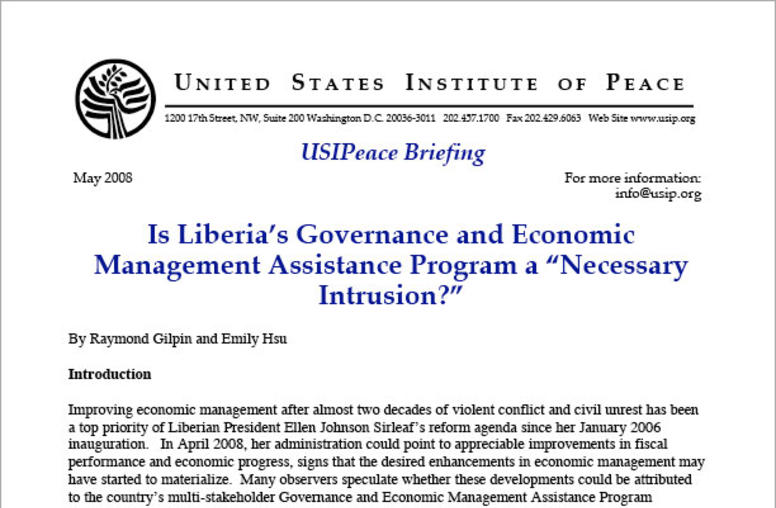
Is Liberia’s Governance and Economic Management Assistance Program a "Necessary Intrusion?"
Liberia's Governance and Economic Management Assistance Program (GEMAP) is improving the country's fiscal profile after years of neglect. Is this internationally-monitored system a "necessary intrusion" into Liberia's sovereignty?
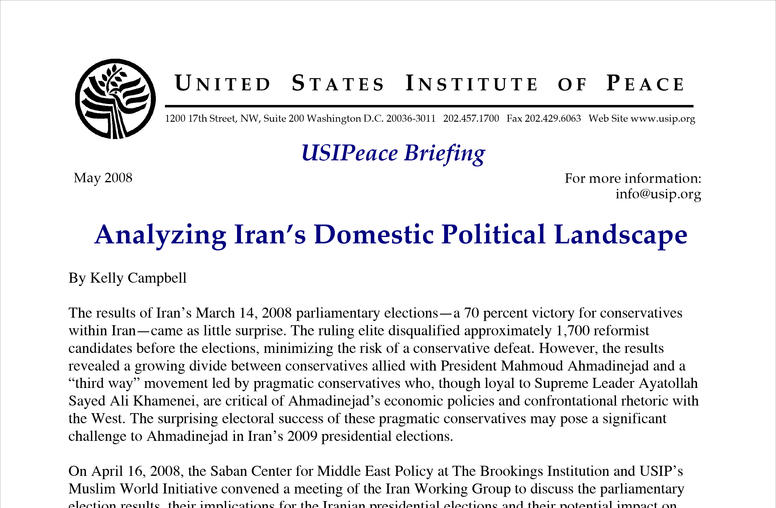
Analyzing Iran's Domestic Political Landscape
The surprising success of Iran's "third way" movement in the March 2008 parliamentary elections may pose a significant challenge in the country's 2009 presidential election.
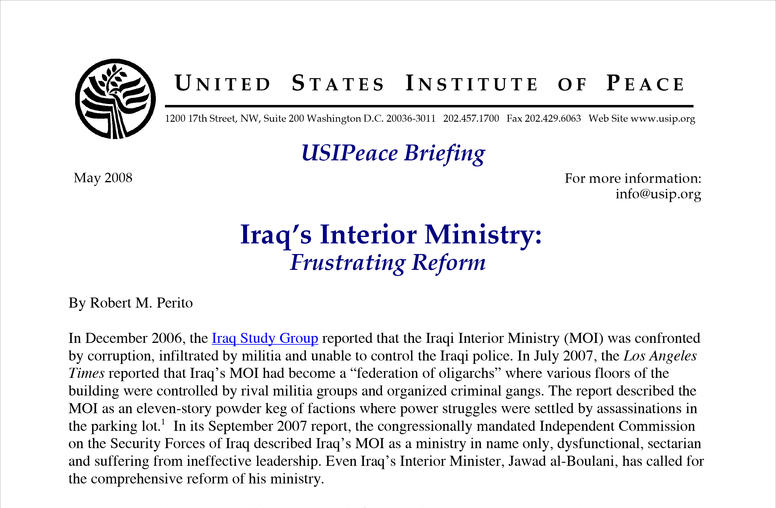
Iraq’s Interior Ministry: Frustrating Reform
Iraq's Ministry of Interior has been fraught with rivalries since 2003. How can it address these challenges?
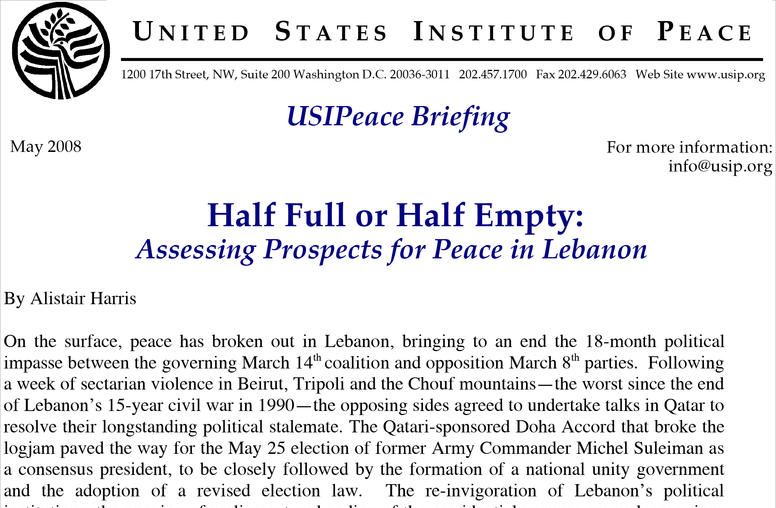
Half Full or Half Empty: Assessing Prospects for Peace in Lebanon
On the surface, peace has broken out in Lebanon, bringing to an end the 18-month political impasse. However, many questions remain. Alistair Harris, a Beirut-based expert on security and reform, explores these issues.
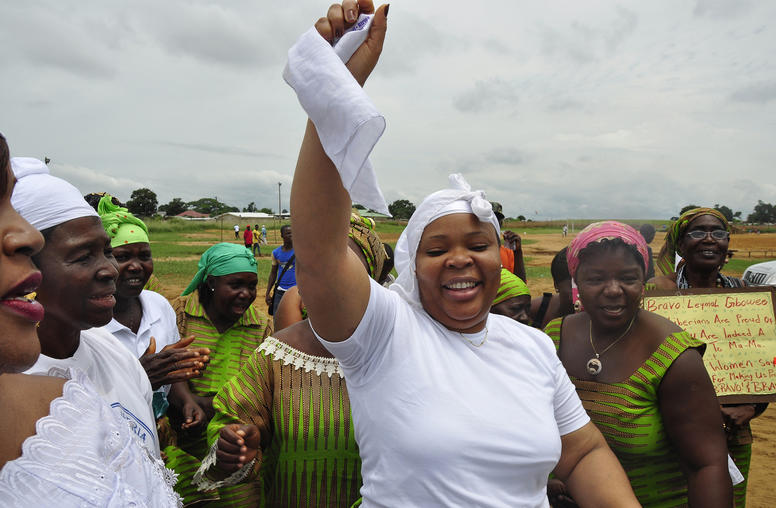
Religious Actors in Formal Peace Processes
Despite the significant impact—both real and potential—that religious actors and communities can have on formal peace processes, there is little research on or analysis of their engagement as part of these processes. This report aims to remedy this deficit by examining whether, when, how, and to what extent religious actors have been engaged in formal peace and political transition processes.
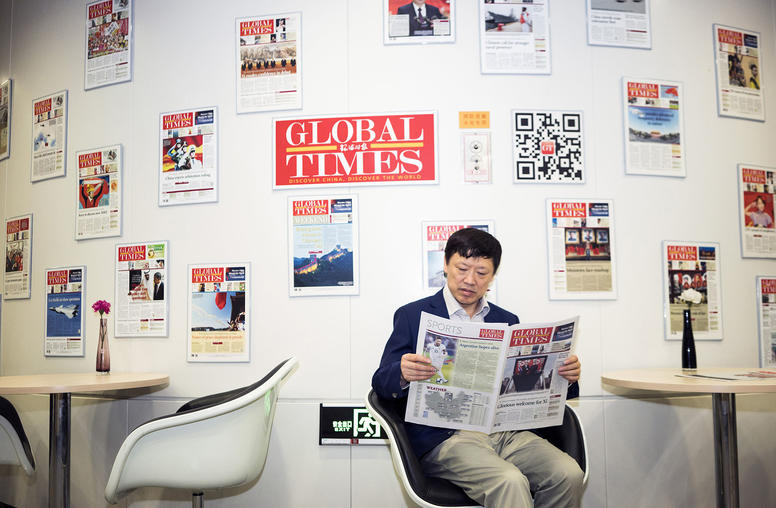
“Sewage of the Cold War”: China’s Expanding Narratives on NATO
Although China’s views on NATO have fluctuated since the early days of the Cold War, Beijing’s recent statements on the alliance have sharpened. This report argues that they amount to a “rhetorical attack” on the alliance’s legitimacy that can potentially undermine trust among its Asia-Pacific partners and, more broadly, confidence in Western ideas of collective security. The report offers recommendations for investments NATO should make in understanding, tracking, and countering Chinese narratives about the alliance.
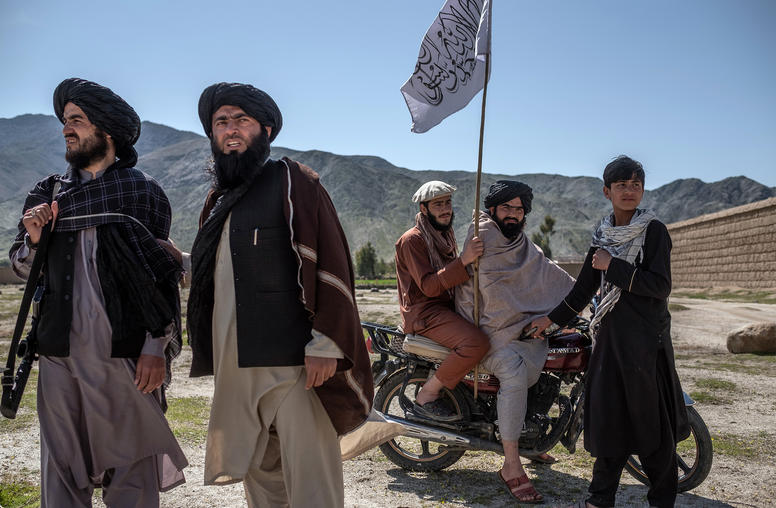
Disengagement and Reconciliation in Conflict-Affected Settings
Even in brutal and desperate conflict settings, it is possible for people to abandon violence and leave violent groups. Peacebuilders know this well—yet terrorism and counterterrorism policies and practices have often neglected practical ways to address participants in violent extremism and failed to provide them opportunities to reject violence. This report examines how peacebuilding tools can help transform the individual attitudes, group relationships, and social ecosystems and structures needed to facilitate the effective disengagement and reconciliation of former members of violent extremist groups.
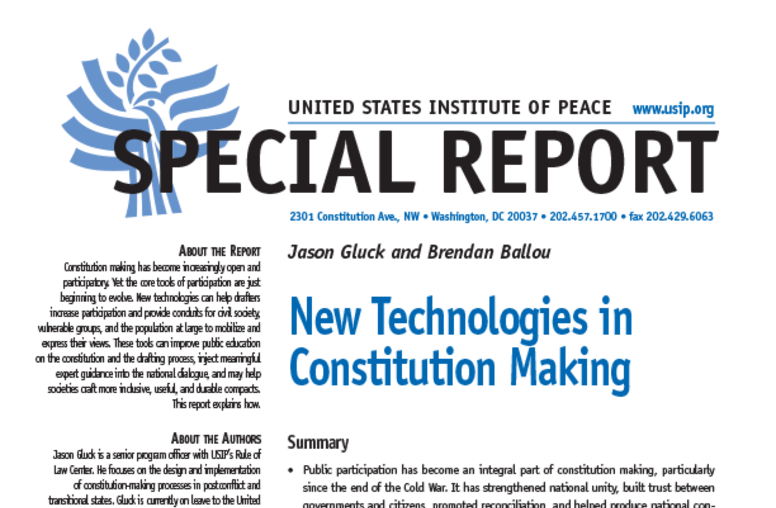
New Technologies for Constitution Making
This report explores the role of new technologies in increasing participation of constitution making. Gluck and Ballou look at how using technology during the constitution-making process can strengthen the trust between citizen and government, build national unity, and promote reconciliation. New technologies—such as the web, including email, Facebook, and Twitter, and mobile phones—are opportunities to engage and educate citizens and build public awareness. Citing examples in Iceland, Ghana,...
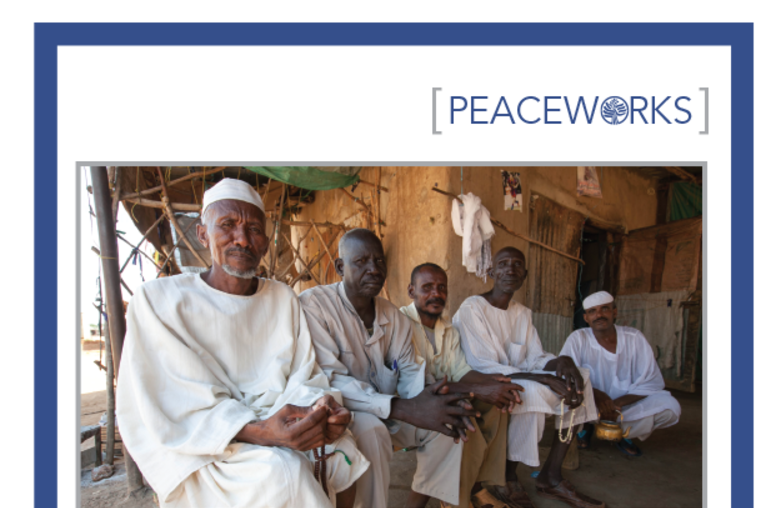
Local Peace Processes in Sudan and South Sudan
Sudan and South Sudan have seen numerous local peacebuilding efforts in recent years, yet violence continues largely unabated. Using the Western Corridor as a case study, this report outlines the importance of understanding and improving local peace processes through an architecture that begins with conflict analysis, entails a common vision, and focuses on achieving specific objectives. Also essential to the success of the process is including the right people—those with authority, with know...
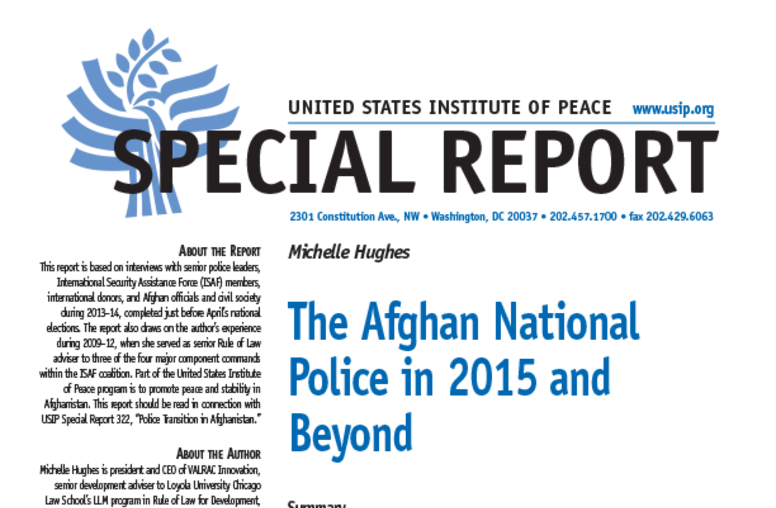
The Afghan National Police in 2015 and Beyond
As Afghanistan shifts from a war footing and coalition forces draw down, the Afghan National Police faces a daunting task. Not only must it shift from military-oriented security operations to true community policing, but it must also fill some considerable gaps in its capacity to manage itself as a civilian-led arm of a democratically elected government. Development is crucial, but for it to have any legitimacy, the impetus must come from the Afghans themselves. At this critical juncture, don...